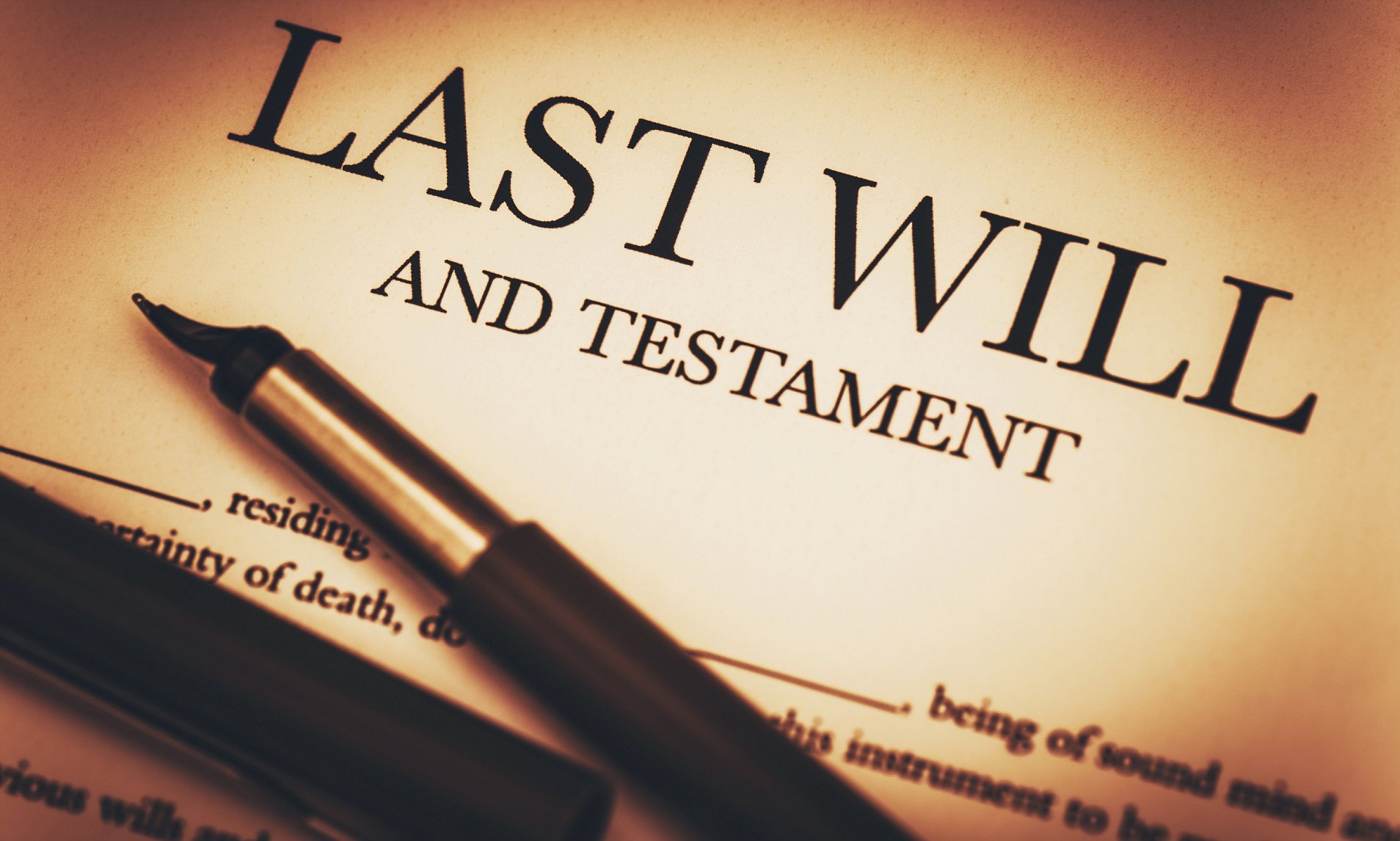
Statistics show that less than 60% of people have never even looked into the specifications of writing a will under the age of 30. However, writing a will is a critical part of ensuring that your assets are distributed where you want them to go, and also that your funeral goes the way that you would like it to go.
As much as we might not like to imagine that one day we will no longer be here, the truth is that we are not immortal. A well-drafted will ensures that your wishes are honored and that your loved ones are given a bit of direction. Here are the best tips for writing a will of your own.
Start Early
Starting a will even as early as your 20s is a great way to ensure you are ready for anything. However, you must update your will regularly to make sure that it reflects your life as is. For example, you may have gotten married, you may have had kids, or you may have acquired more assets, which should be listed on your will. Major life events should always serve as a reminder that it’s time to revisit your will and make sure that it has everything you require written down.
List All Assets
Perhaps one of the most important things you should do on your will is include a comprehensive list of all your assets clearly spelled out. You want to list everything from your bank accounts to your investments, to your real estate properties. Clearly identify what piece of property or asset goes to whom, and be specific when dividing assets.
Clearly spell out how much percentage goes to whom, otherwise this could lead to an unnecessary quarrel amongst family members. Misunderstandings can be avoided by being as specific as possible in your will.
Choose an Executor
Part of creating a will means designating someone you can trust as an executor to carry out the instructions you have listed on your will. This is the person who will be responsible for managing and distributing everything that you have written.
They’ll settle your debts and handle other administrative tasks like deeds and taxes etc. However, it’s important that the person you choose for this role is up for the task. It’s not something you simply want to list on your will without discussing it with them first, as some people may not fully understand the scope of their responsibilities. In some cases, it may be something someone is simply not willing to do, so a conversation is in order before choosing the person for this very important role.
Leave a Reply